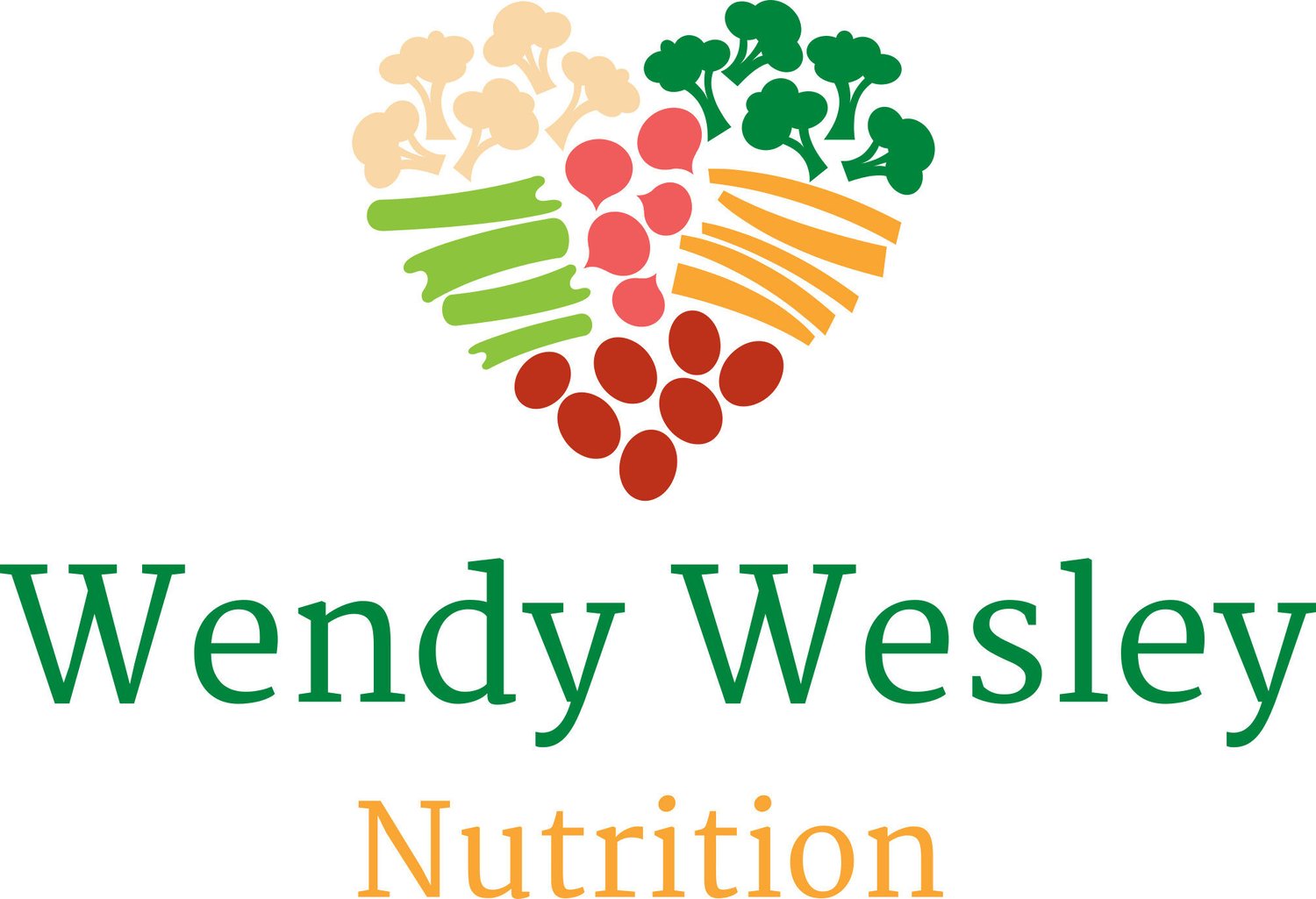MENOPAUSE CLIENT TESTIMONIALS
”What I used to do wasn’t working anymore. I used to be able to cut back my eating and run a bit more and I could easily shed vacation or holiday weight. You taught me that my metabolism has changed and my approach to food had to change. That’s when and only when I saw any weight come off. You also taught me to eat for the new weight and no one had taught me how to maintain my weight loss. I see that as the biggest difference. Thank you, Wendy, for your guidance and patience.” — Mary Bullara, client
”I had just about given up until I worked with Wendy. She created a plan for life that included shopping lists, meal plans and recipes so I could change my approach to food. I’ve lost weight but more important, I feel better and have more energy.” — Diane Westwoodam, client
ALL ABOUT MENOPAUSE NUTRITION
Can nutrition make menopause more bearable? In a word; yes.
Nutrition plays a crucial role in supporting overall health during menopause, which is the natural process in a woman's life when menstruation stops and there are major shifts in hormones.
During this time, hormonal changes can lead to various symptoms, such as hot flashes, mood swings, brain fog, tinnitus, joint pain, headaches, muscle pain, dry mouth, itchy eyes, thinning hair, changes to bowel movements, sleep disturbances, weight gain, and bone density loss.
A balanced diet, with an emphasis on reducing processed foods which are high in sodium and low on fiber, can help alleviate these symptoms and reduce the risk of certain health issues that may arise during menopause like the number one killer of women, cardiac disease.
Here are some key nutritional tips to consider:
Calcium and Vitamin D: Menopausal women are at an increased risk of osteoporosis due to the decline in estrogen levels, which affects bone density. Calcium and vitamin D are essential for maintaining strong bones. Good sources of calcium include dairy products (milk, yogurt, cheese), leafy green vegetables, almonds, and tofu. Sunlight exposure and fortified foods like fortified milk or cereals can provide vitamin D.
Phytoestrogens: Phytoestrogens are plant compounds that mimic estrogen in the body. Consuming foods rich in phytoestrogens may help alleviate some menopausal symptoms. Good sources include soy products (tofu, tempeh, edamame), flaxseeds, sesame seeds, and whole grains like oats and barley.
Healthy Fats: Focus on consuming healthy fats like those found in avocados, nuts, seeds, and fatty fish (salmon, mackerel, sardines). These fats are beneficial for heart health and may help with mood swings and cognitive function.
Fiber-rich Foods: Menopause can sometimes lead to digestive issues and weight gain. Consuming a diet rich in fiber from fruits, vegetables, whole grains, and legumes can aid digestion, manage weight, and support overall gut health.
Hydration: Staying hydrated is crucial, as menopause can increase the risk of urinary tract issues. Drink plenty of water throughout the day and limit caffeine and alcohol, which can contribute to dehydration.
Vitamin B12: As women age, they may have a harder time absorbing vitamin B12, so it's important to ensure an adequate intake. Animal products like meat, fish, and dairy are good sources of vitamin B12. Vegetarians and vegans may need to consider fortified foods or supplements.
Limit Processed Foods and Sugar: Minimize the intake of processed foods, sugary snacks, and sweetened beverages. These can contribute to weight gain and may exacerbate mood swings and energy fluctuations.
Exercise: Although not directly related to nutrition, regular exercise is essential for overall health during menopause. It can help maintain bone density, manage weight, improve mood, and reduce the risk of chronic diseases.
SERVICES: weight loss, menopause nutrition, meal lists, plant-based, emotional eating, healthy eating, pre-diabetes, diabetes, cardiac disease, geriatrics, kidney disease, digestive issues, acid reflux/GERD, FODMAP, auto-immune, vegetarian, vegan, anti-inflammatory diets, cooking instruction, grocery store tours, menu writing and signing services and corporate wellness.
Wendy Wesley is rated as one of St. Petersburg’s and Tampa Bay’s best nutritionists and dietitians with excellent client reviews and community awards. She is a registered dietitian and licensed nutritionist (Florida) serving St. Petersburg, Tampa and Clearwater and is verified through Nutritionist Near Me and Dietitian Near Me. Wendy is a former acute care hospital dietitian which gave her the experience and knowledge to prescribe diets and write meal lists for all disease states and conditions. Sign up HERE or call 727-823-0393 or email wendystpete@gmail.com to get started.
10-Minute Discovery Call by Phone - FREE. Find out about my services and determine if I am a good fit for your needs. 727-823-0393

